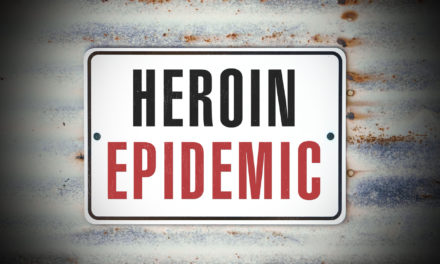Motivational Interviewing (MI) is one of the most common treatment approaches used by outpatient addiction treatment centers.
Its primary goal is to help someone with a substance use disorder resolve ambivalence and change behaviors that may trigger substance use.
This method of treatment was founded by Professors Stephen Rollnick and William R. Miller and was originally devised as a treatment plan for people addicted to alcohol. However, MI can also be applied to treat any substance addiction. Many people who that receive this kind of treatment have already expressed the will to change their behaviors. Otherwise, they would have never agreed to pursue drug rehabilitation. Following through on that will to change is often another story.
There are four distinct strategies of motivational interviewing, also referred to as “OARS.”
- Open-ended questions. Open-ended questions encourage the client to share their story, which they will often be happy to do.
- Affirmation. Providing a client with affirmation allows them to see their own strengths and see themselves in a positive light.
- Reflective Listening. Reflective listening allows the client to hear what they are communicating; “listening” to themselves objectively allows them to hear their own inconsistencies.
- Summarizing. The summary process highlights the most important takeaways from the counseling session and helps both therapist and client foresee possible solutions that will lead to changed behaviors.
On some occasions, the client resists treatment. As a remedy, the therapist may avoid further argument. Instead, the therapist will acknowledge that they’re listening attentively to the client and encourage them to come up with solutions on their own rather than forcing suggestions.
When combined with other addiction treatment therapies like CBT (cognitive behavioral therapy), DBT (dialectical behavior therapy) and EMDR (eye movement desensitization and reprocessing), motivational interviewing can provide a client with the knowledge and tools to live a healthy and rewarding life in addiction recovery.
If yourself or a loved one are battling substance abuse problems and are looking for quality addiction treatment, please contact The Aviary Recovery Center at (314) 464-0222. All assessments are complimentary, and most insurance plans are accepted.










